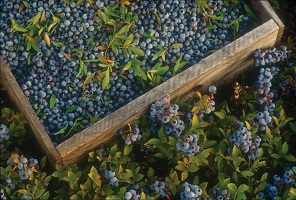The ‘language of depression’ can be spotted using computer analysis which looks for patterns of words used by those who are suffering from the disorder, explains PhD researcher Mohammed Al-Mosaiwi in a new post for The Conversation.
Kurt Cobain by Maia Valenzuela/Flickr, CC BY-SA
From the way you move and sleep, to how you interact with people around you, depression changes just about everything. It is even noticeable in the way you speak and express yourself in writing. Sometimes this “language of depression” can have a powerful effect on others. Just consider the impact of the poetry and song lyrics of Sylvia Plath and Kurt Cobain, who both killed themselves after suffering from depression.
Scientists have long tried to pin down the exact relationship between depression and language, and technology is helping us get closer to a full picture. Our new study, published in Clinical Psychological Science, has now unveiled a class of words that can help accurately predict whether someone is suffering from depression.


